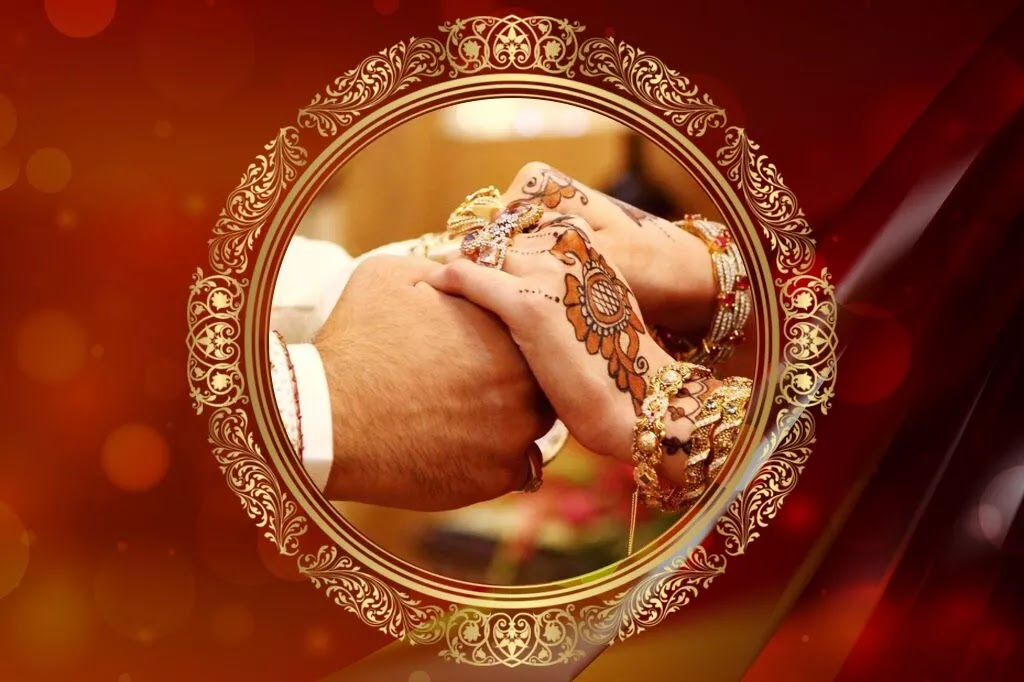Pakistani weddings hold immense cultural significance and are among the most important and elaborate events in Pakistani society. These weddings are not only a celebration of the union of two individuals but also a reflection of Pakistan's rich and diverse cultural heritage. The cultural significance of Pakistani weddings can be understood in several key aspects:
Religious Diversity
Pakistan is a multi-religious country with a majority Muslim population, but it also has significant Hindu, Christian, and other religious communities. Pakistani weddings often reflect the religious diversity of the country. Islamic weddings are prevalent and follow customs such as Nikah (marriage contract), Mehndi (henna ceremony), and Walima (the wedding feast). Non-Muslim communities have their own unique wedding rituals and traditions.
Family and Community Bonds
Pakistani weddings are a time when families come together, and the sense of community is strengthened. Extended family members and friends play vital roles in the planning and execution of the wedding. It's an occasion for families to showcase their unity and social bonds.
Ceremonial Traditions
Pakistani weddings are a series of elaborate ceremonies and rituals that can span several days or even weeks. These include the engagement ceremony (Mangni), the Mehndi ceremony (henna application), the Baraat (the groom's procession), the Nikah (marriage contract), and the Walima (the wedding reception). Each of these ceremonies has its significance and customs that have been passed down through generations.
Cultural Attire
Pakistani weddings are known for their vibrant and diverse traditional attire. The bride and groom wear outfits that are often intricate and heavily embellished. The choice of attire varies based on the region, with distinct styles for Punjabi, Sindhi, Balochi, and other cultural groups. Guests also often wear traditional dresses, adding to the colorful atmosphere of the event.
Music and Dance
Music and dance are integral parts of Pakistani weddings. Bhangra and traditional dances like the Dholki are common at Punjabi weddings, while Sindhi weddings feature folk dance performances. These cultural expressions add to the celebration's joy and vitality.
Food and Feasting
Food is a significant part of Pakistani weddings, and a wide array of traditional dishes is served to guests. This includes biryani, kebabs, nihari, and a variety of sweets. The wedding feast (Walima) is a grand event, and the quality and abundance of food are indicative of the family's hospitality.
Gift Giving
Giving and receiving gifts is an important tradition in Pakistani weddings. Both the bride and groom's families exchange gifts as a gesture of goodwill and to strengthen the bond between them. This practice also reflects the culture of generosity and hospitality.
Social Status and Prestige
The scale and grandeur of a wedding can often be seen as a reflection of the families' social status and prestige. Many families invest a significant amount of resources to ensure that the wedding is a memorable and grand affair.
Economic Impact
Pakistani weddings have significant economic implications as they involve a wide range of businesses, from wedding planners and caterers to clothing designers and jewelers. These events contribute to the country's economy.
Preservation of Traditions
Pakistani weddings serve as a means of preserving cultural traditions and passing them on to the next generation. They provide an opportunity for younger generations to connect with their cultural heritage.
Pakistani weddings are not just personal events but are deeply rooted in the cultural, social, and religious fabric of Pakistan. They are a celebration of tradition, family, community, and the diversity that makes Pakistan a rich and dynamic society.







0 Comments